“How many parvo shots does a puppy need?” is a crucial question for every new puppy owner. Canine parvovirus, or parvo, is a highly contagious and potentially fatal disease that affects dogs, especially puppies. As a responsible pet owner, understanding the vaccination schedule and ensuring your furry friend receives the necessary shots is essential to protect them from this and other serious dog medical issues and treatments.
In this comprehensive guide, we’ll dive into the details of parvo vaccination, including the recommended number of shots, timing, and the importance of following through with the complete vaccination series. By the end of this article, you’ll have a clear understanding of how to keep your puppy safe and healthy during their critical first few months of life.
Key Takeaway
- Puppies need a series of vaccinations, including multiple parvo shots, to protect against potentially fatal diseases.
- The puppy vaccination schedule typically involves shots every 2-4 weeks from 6-8 weeks old until 16-20 weeks old.
- Core vaccines like parvo, distemper, and rabies are essential for all puppies, while non-core vaccines depend on lifestyle and risk factors.
- Consult your vet to determine the optimal puppy shot schedule, as the number and timing of vaccines can vary.
Understanding Puppy Vaccinations
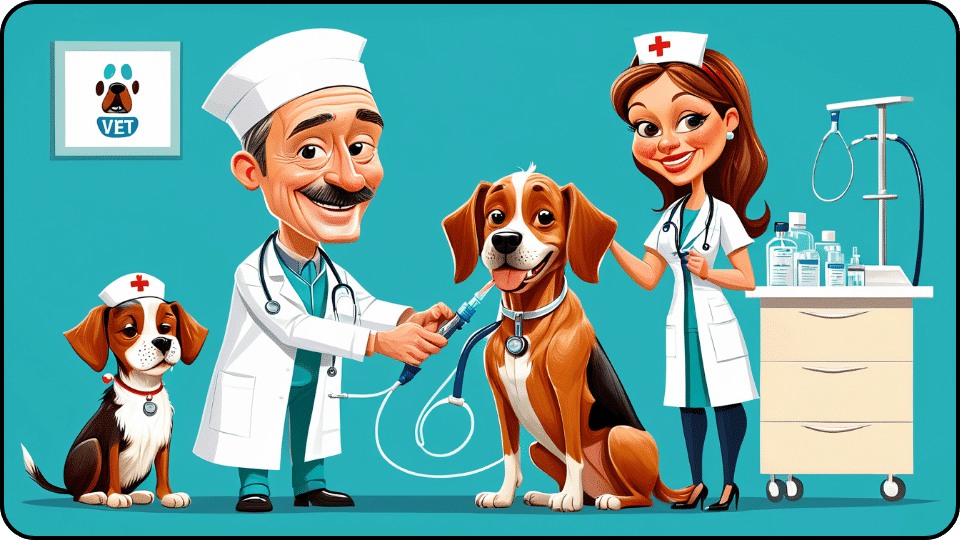
Importance of Puppy Vaccinations
Puppy vaccinations are crucial to prevent potentially fatal infectious diseases, such as canine distemper virus and canine parvovirus. These diseases can lead to severe health complications and, in some cases, be life-threatening. Ensuring your puppy receives the appropriate vaccinations is vital to safeguard their health and enhance their immune system. Unvaccinated dogs are particularly vulnerable to serious viral diseases like distemper and parvovirus.
The puppy’s immune system needs time to “breakthrough” waning maternal antibodies, requiring a series of puppy shots. This is why a structured puppy vaccination schedule is essential. Typically, the vaccination schedule starts when puppies are around six to eight weeks of age. The vaccines are administered every two to four weeks until the puppy reaches 16 to 20 weeks of age. This schedule helps to ensure the puppy’s immune system is robust and ready to fight off various diseases.
Timing and Interval of Booster Shots
The timing and interval between booster vaccinations are critical for protection. Booster shots are necessary to strengthen the initial immune response and provide long-lasting protection. A well-planned puppy shot schedule ensures that the vaccines are given at the right time to optimize immunity. It’s important to adhere to this schedule to avoid any gaps in protection, which could leave your puppy vulnerable to infections.
Core and Non-Core Vaccines for Puppies
Puppy vaccines are necessary to protect puppies against various diseases, including kennel cough, canine distemper, and canine parvovirus. These core vaccines are essential for all puppies and are part of the standard vaccination protocol. In addition to core vaccines, some puppies may need non-core vaccines based on their lifestyle and potential exposure to other dogs or environments. Consulting with your vet will help determine the best vaccination plan tailored to your puppy’s specific needs.
Core Vaccinations for Puppies
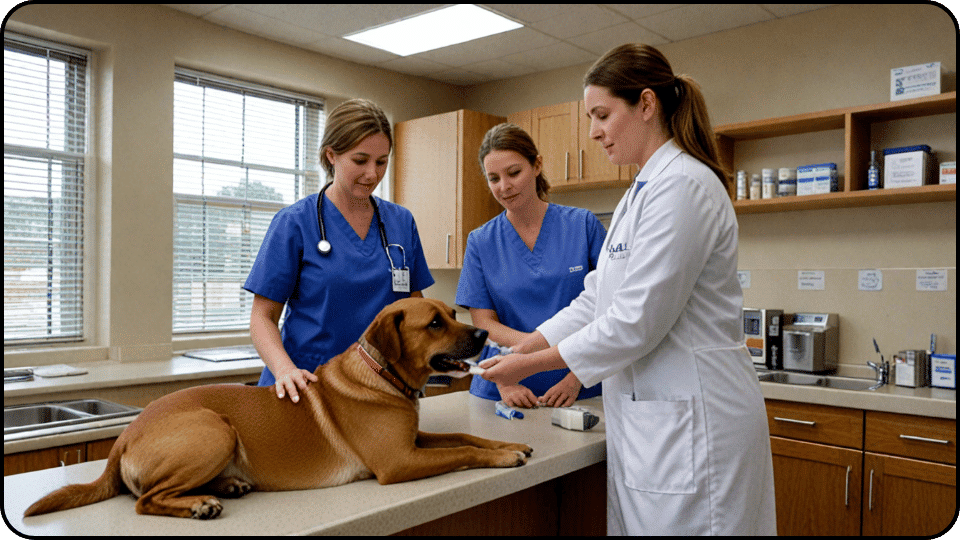

Core vaccines are essential for all puppies and dogs. These vaccines provide protection against some of the most dangerous and contagious diseases that can affect your furry friend. Ensuring your puppy receives these core vaccines is a crucial step in safeguarding their health and well-being.
The core vaccines include protection against canine distemper virus, canine parvovirus, canine adenovirus, and rabies. Canine distemper is a severe and highly contagious disease caused by the canine distemper virus. It can lead to respiratory infections, difficulty breathing, and potentially fatal neurological issues. Puppies are particularly vulnerable to this disease, making early vaccination vital.
Canine parvovirus is another highly contagious virus. It primarily affects the gastrointestinal system, causing bloody diarrhea, vomiting, abdominal pain, and potentially fatal dehydration in puppies. This virus spreads rapidly, especially in areas with high dog populations, such as dog parks and animal shelters. Vaccination is the best defense against this severe form of illness.
Rabies vaccination is typically required by law in the United States for all dogs. This zoonotic disease can cause severe neurological symptoms and is almost always fatal once symptoms appear. Rabies shots are crucial, not only for your puppy’s safety but also for public health. Boosters are usually necessary every one to three years to maintain immunity. Always consult with your veterinarian to ensure your puppy’s vaccination schedule is up-to-date and tailored to their specific needs.
Puppy Vaccination Schedule: How Many Shots Do Puppies Need?
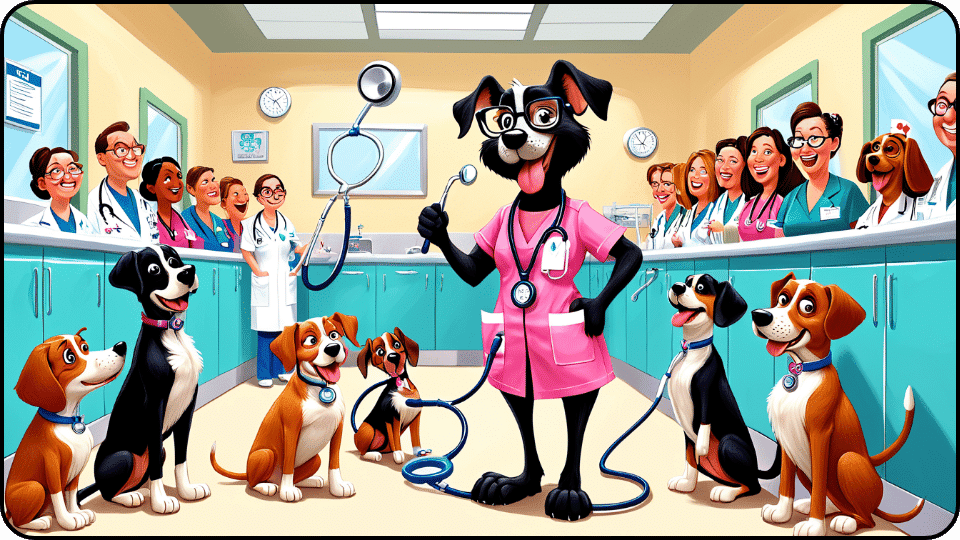
First Vaccinations for Puppies
Most puppies should receive their first vaccinations at six to eight weeks of age. This is a crucial time to start their vaccination schedule, as their immune systems are still developing and need protection against various diseases. The initial shots are essential to prime their immune system and prepare them for future booster shots.
Medical Records and Puppy Shots
When getting a new puppy, it’s important to obtain any medical records to determine what puppy shots have already been given and when the next ones are due. This information will help your veterinarian create an accurate puppy vaccination schedule tailored to your puppy’s needs. Keeping track of these records ensures that your puppy receives all necessary vaccinations on time.
Tailored Puppy Shot Schedule
Your veterinarian will recommend a puppy shot schedule based on your puppy’s lifestyle and risk of exposure to certain diseases. For instance, puppies that frequently visit dog parks or interact with other dogs may need additional non-core vaccines. The vet will assess potential risks and adjust the vaccination plan accordingly.
Series of Puppy Vaccinations
Typically, puppies need a series of vaccinations every 2 to 4 weeks until they are around 16-20 weeks old. This schedule includes core vaccines such as canine distemper, canine parvovirus, and rabies. These vaccines are vital to protect against highly contagious and potentially fatal diseases. These diseases can be transmitted by infected dogs, emphasizing the importance of completing the vaccination series. By following the recommended schedule, you ensure your puppy is fully vaccinated and ready to explore the world safely.
Rabies Vaccine for Puppies
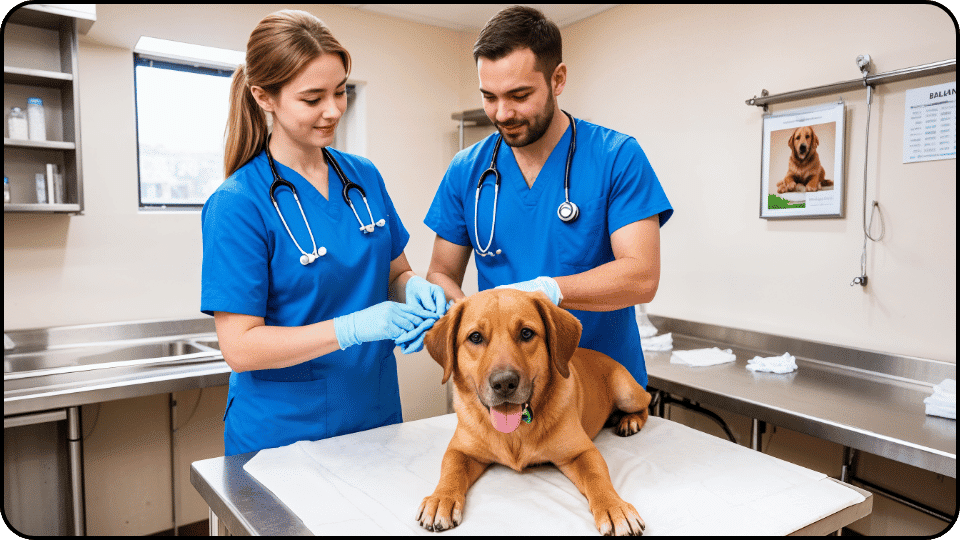
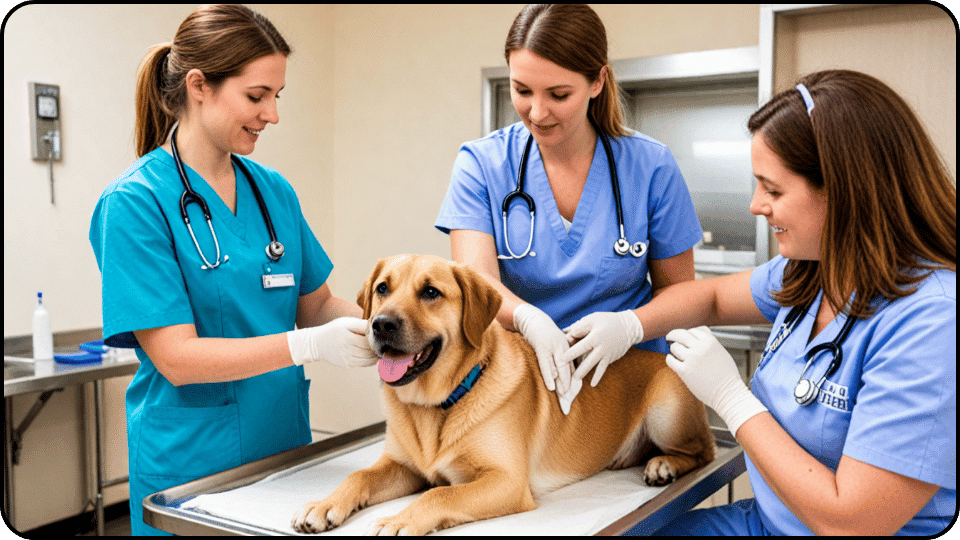
Rabies is a zoonotic disease that poses a serious threat to both animals and humans. It can cause severe neurological symptoms and is almost always fatal once symptoms appear. The rabies virus spreads primarily through the bite of an infected animal, making it crucial to vaccinate your puppy to prevent this deadly disease. An infected dog can transmit rabies through bites, highlighting the importance of vaccination to protect your pet and others.
In the United States, rabies shots are required by law for all dogs. This legal requirement underscores the importance of rabies vaccination in safeguarding public health. Puppies typically receive their first rabies vaccination between 12 and 16 weeks of age. This early vaccination is critical in establishing initial immunity against the rabies virus.
After the initial rabies shot, booster vaccinations are necessary to maintain immunity. These boosters are typically administered every one to three years, depending on local regulations and your veterinarian’s recommendations. Ensuring your puppy’s rabies vaccination is up-to-date is essential for their safety and for compliance with legal requirements.
To help you keep track of your puppy’s rabies vaccination schedule, consider maintaining a vaccination record. This record should include the date of each shot, the type of vaccine used, and the date for the next booster. Staying organized with your puppy’s vaccination schedule will ensure they remain protected against rabies and other infectious diseases.
Non-Core Vaccinations for Puppies
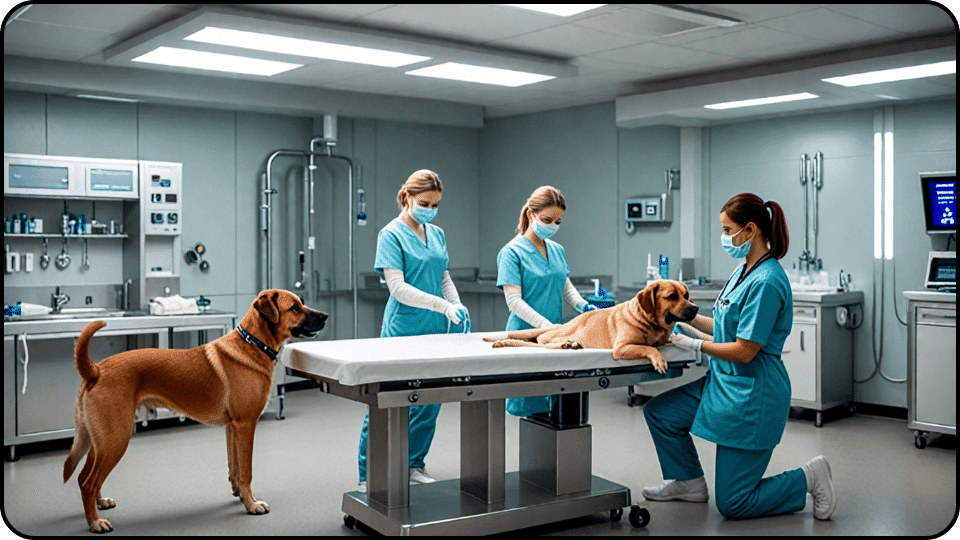
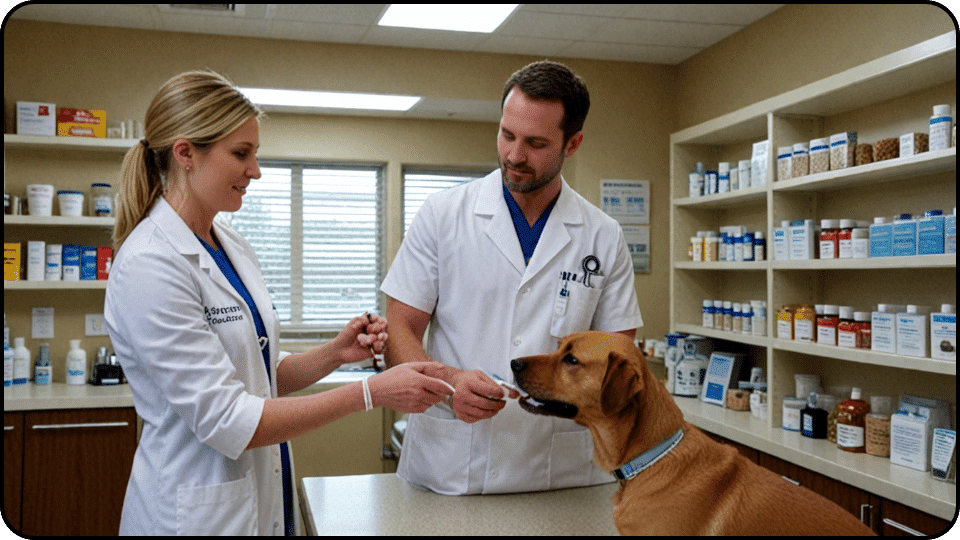
Non-core vaccines are given based on a dog’s lifestyle and specific risk factors. For example, if your puppy frequents dog parks, kennels, or areas with a high prevalence of ticks and Lyme disease, these vaccinations become more critical. Unlike core vaccines, non-core vaccines are not mandatory for all dogs but are recommended for those with particular exposure risks.
Some common non-core vaccines include protection against Bordetella, Lyme disease, and canine influenza. Bordetella bronchiseptica is a highly infectious bacterium that often causes kennel cough, a respiratory infection that spreads quickly in crowded environments. This vaccine is particularly important if your puppy will be staying in boarding facilities or attending training classes with other dogs.
Lyme disease is a tick-borne illness caused by the Borrelia burgdorferi bacteria. It can lead to symptoms such as lameness, fever, and kidney issues in dogs. If you live in or travel to areas where ticks are prevalent, the Lyme disease vaccine is advisable to protect your puppy. Canine influenza is another non-core vaccine to consider, especially if your dog is social and often around other dogs, as it helps prevent respiratory infections.
Consult your veterinarian to determine which non-core vaccines are necessary for your puppy. They will assess your dog’s lifestyle and potential exposure to contagious diseases. By tailoring the vaccination plan to your puppy’s specific needs, you can help ensure their health and safety in various environments.
Why Multiple Shots Are Necessary for Puppies
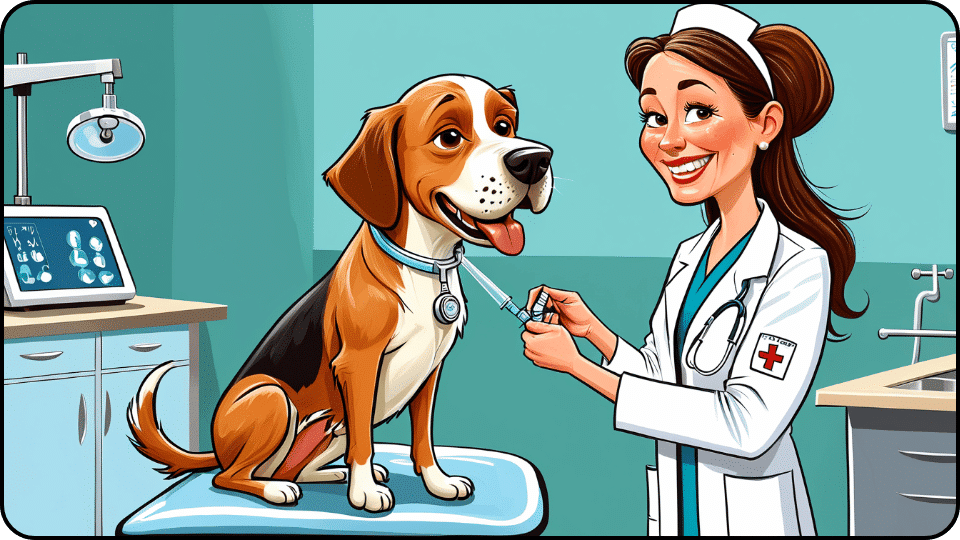
How Vaccines Train Your Puppy’s Immune System
Vaccines are crucial for training your puppy’s immune system to recognize and combat specific infections. They work by introducing a harmless form of the virus or bacteria, prompting the immune system to develop a defense strategy. This process is vital for ensuring your puppy is equipped to handle potential threats from contagious diseases.
The initial vaccine serves as a primer, alerting the puppy’s immune system to the presence of a particular disease. This initial exposure is just the beginning. Booster shots are essential because they reinforce the immune response, ensuring it is strong and effective. These boosters enhance the body’s ability to fight off infections, providing the best possible protection against diseases like canine parvovirus and distemper.
The Role of Maternal Antibodies in Puppy Vaccinations
Maternally derived antibodies (MDA) play a significant role in a puppy’s early immune defense. These antibodies are passed from the mother and offer initial protection. However, they can also interfere with the vaccine’s effectiveness. As these maternal antibodies wane, usually around 14 to 16 weeks of age, the puppy becomes more reliant on its own immune system. This is why a series of puppy shots is necessary—to ensure continuous protection as maternal antibodies diminish.
The vaccination schedule is designed to bridge the gap between maternal immunity and the puppy’s own developing immune system. By adhering to the recommended schedule, which typically involves vaccinations every 2 to 4 weeks until 16 to 20 weeks of age, you ensure that your puppy remains protected during this critical period. This structured approach helps prevent gaps in immunity, safeguarding your puppy against various diseases.
Booster Shots for Adult Dogs
Booster shots are essential for adult dogs to maintain their immunity against various diseases. As dogs age, their immune system can weaken, making them more susceptible to infections. Core vaccines, such as those for rabies, distemper, and parvovirus, typically require booster shots every 1-3 years. These vaccines are crucial for protecting your dog from severe and potentially fatal diseases.
Non-core vaccines, like those for Bordetella and Lyme disease, may need more frequent boosters, especially if your dog is at higher risk of exposure. For instance, dogs that spend a lot of time outdoors or frequently visit dog parks may require additional protection against Lyme disease, which is transmitted by ticks.
Consulting with your veterinarian is vital to determine the best booster shot schedule for your adult dog. They will assess your dog’s lifestyle, age, and health status to recommend a tailored vaccination plan. This personalized approach ensures that your dog remains protected against diseases throughout their life.
Practical Considerations
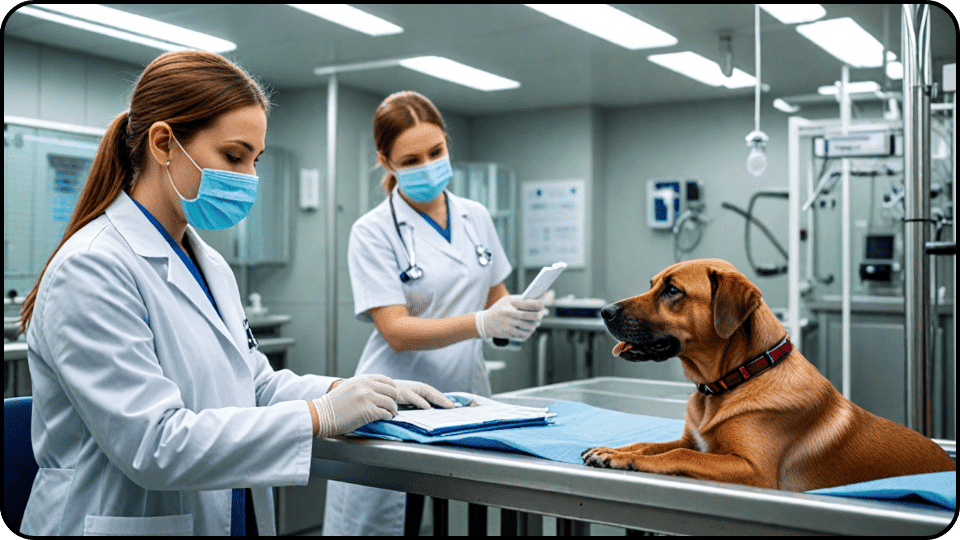
Cost of Puppy Vaccinations
The cost of puppy vaccinations can vary significantly. Factors influencing the cost include your location, the veterinary practice you choose, and the specific vaccines included in the series. On average, the total cost for a puppy vaccination series covering core vaccines ranges from $75 to $100. This typically involves three separate visits to the vet.
Core vaccines are crucial for every puppy. These include vaccines for distemper, parvo, and rabies. Distemper is a contagious disease that affects a dog’s respiratory, gastrointestinal, and central nervous systems. Parvo is a highly contagious virus that can lead to severe gastrointestinal issues. Rabies is a fatal viral disease that affects the central nervous system. Ensuring your puppy receives these core vaccines is essential to protect them from these potentially fatal diseases.
In addition to core vaccines, some puppies may require non-core vaccines based on their lifestyle and potential exposure to certain environments. Non-core vaccines might include those for Lyme disease, Bordetella, and canine influenza. Discuss with your vet to determine if these additional vaccines are necessary for your puppy.
To help manage costs, consider looking for low-cost vaccination options. Some nonprofit animal welfare organizations, municipal shelters, and veterinary schools offer free or low-cost clinics. Additionally, pet store clinics, rural veterinarians, and mobile vaccine clinics may provide more affordable options. Research online for resources and clinics in your local area to ensure your puppy gets the necessary vaccinations without breaking the bank.
Accessing Free or Low-Cost Vaccinations for Puppies
Finding affordable puppy vaccinations can ease the financial burden of pet ownership. Many nonprofit animal welfare organizations and municipal shelters offer free or low-cost vaccination clinics. These organizations often aim to ensure that all puppies receive essential vaccines, regardless of their owner’s financial situation. It’s worth checking with local shelters to see if they provide such services.
Veterinary schools and rural veterinarians are also great resources for budget-friendly puppy shots. Veterinary schools often have teaching clinics where students, under supervision, offer services at reduced rates. Rural veterinarians may have lower overhead costs, allowing them to offer more competitive pricing for vaccinations. It’s advisable to contact these facilities directly to inquire about their pricing and availability.
Pet store clinics and mobile vaccine clinics are convenient options for many dog owners. Pet store clinics frequently partner with veterinary services to provide vaccinations at a lower cost. Mobile clinics travel to different locations, offering vaccinations and other basic services at affordable prices. They often have set schedules, so it’s important to check their calendar and plan accordingly.
To find low-cost puppy vaccination resources, consider searching online for clinics in your area. Websites and social media platforms often list upcoming vaccination events and clinics. Additionally, community bulletin boards and local pet forums can be valuable resources for discovering affordable options. By exploring these avenues, you can ensure your puppy receives the necessary vaccinations without straining your budget.
Final Thoughts
Puppy vaccinations are a critical component of responsible dog ownership. By following a recommended vaccination schedule, you can protect your puppy from life-threatening diseases and ensure they grow into a healthy adult dog. Remember to consult with a veterinarian to determine the best vaccination schedule for your puppy, and don’t hesitate to ask about booster shots for adult dogs.
Regular vaccinations not only protect your dog but also prevent the spread of diseases to other dogs and humans. By staying on top of your dog’s vaccination schedule, you can enjoy a long and healthy relationship with your furry friend.
Additional tips:
- Always consult with a veterinarian before administering any vaccinations or booster shots.
- Keep your dog’s vaccination records up to date and easily accessible.
- Consider combining vaccinations with regular check-ups and health screenings to ensure your dog’s overall health and well-being.
- Educate yourself on the risks and benefits of various vaccinations and booster shots to make informed decisions about your dog’s health.
By prioritizing your dog’s vaccination schedule and staying informed, you can provide them with the best possible protection against diseases and ensure a happy, healthy life.

Common Questions & Quick Answers About Puppy Vaccinations
Can a puppy get parvo after 2 shots?
Yes, a puppy can still contract parvo after receiving just 2 shots. The vaccination schedule typically requires a series of 3 to 4 parvo shots to ensure full immunity. Until the series is complete, puppies remain susceptible to the virus, so it’s crucial to follow the recommended vaccination schedule to protect your puppy effectively.
How many parvo shots does a dog need to go outside?
Puppies generally require a series of 3 to 4 parvo shots to ensure they are fully protected before safely venturing outside. Completing the entire vaccination series is essential to achieve full immunity and minimize the risk of contracting the highly contagious canine parvovirus. It is always advisable to consult with your veterinarian to ensure your puppy’s vaccination schedule is up-to-date before allowing them outdoor exposure.
What happens if you’re late on puppy shots?
If you’re late on your puppy’s shots, it can leave them vulnerable to various diseases, including canine parvovirus and distemper. Delayed vaccinations may require restarting the series to ensure full protection, so it’s important to consult your veterinarian for guidance on adjusting the puppy vaccination schedule accordingly. Staying on track with the recommended schedule is crucial for safeguarding your puppy’s health.
How many shots until a puppy is fully vaccinated?
A puppy is typically fully vaccinated after receiving a series of 3 to 4 sets of shots, which usually include core vaccines like parvovirus, distemper, and rabies. This vaccination schedule generally spans from 6-8 weeks of age to 16-20 weeks of age, ensuring the puppy develops a robust immune system to protect against various diseases.
Can I walk my puppy after the 2nd vaccination?
It’s generally recommended to wait until your puppy has completed their full vaccination series, including all parvo shots, before taking them on walks in public areas. This ensures they have full immunity against contagious diseases. Consult your veterinarian for specific guidance based on your puppy’s vaccination schedule and health.
How many parvo shots do puppies need?
Puppies typically need a series of 3 to 4 parvo shots to develop full immunity against the highly contagious canine parvovirus. This series is usually administered every 2 to 4 weeks, starting from 6-8 weeks of age until 16-20 weeks of age. Completing the entire vaccination schedule is crucial for ensuring your puppy is fully protected.
